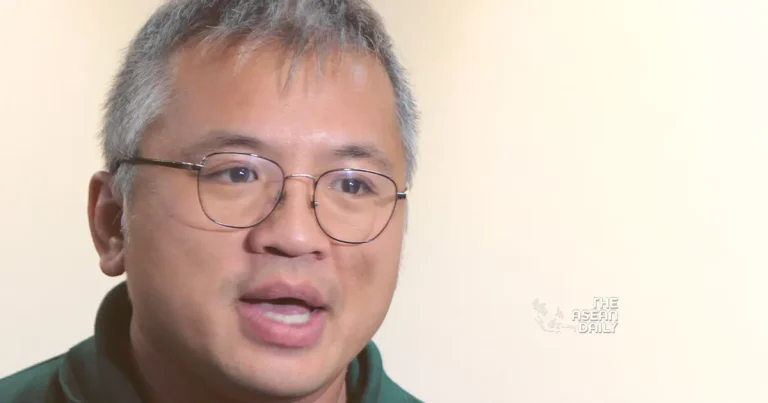26-9-2023 (HONG KONG) In a case that has raised concerns about press freedom in Hong Kong, the head of the city’s leading journalists group, Ronson Chan, was sentenced to five days in jail on Monday (Sep 25) for obstructing police officers. The incident occurred in September last year and has been viewed by critics as another blow to media freedoms in the financial hub.
Chan, who serves as chairman of the Hong Kong Journalists Association, was detained and handcuffed by two plainclothes officers while he was covering a story. The reason for his arrest was his failure to hand over his personal identity card.
During the court proceedings, Chan pleaded not guilty and explained that he had requested the police officers to present their warrant cards before he would hand over his own document. It is mandatory for all Hong Kong residents to carry identification cards.
Magistrate Leung Ka-kie ultimately found Chan guilty, stating that a fine would not adequately reflect the seriousness of the offence. Leung also dismissed the possibility of community service, noting that Chan had shown no remorse.
Following the verdict, Chan’s lawyers indicated that they would appeal, and he was granted bail of HK$30,000 (US$3,838.48) by Leung. However, Chan is prohibited from leaving Hong Kong and must surrender his travel documents.
In response to the court’s decision, Chan expressed little surprise at receiving a custodial sentence. He remarked, “Everyone can see how the court views the case. I think justice is in our heart.”
At present, no date has been set for the appeal process.
The Hong Kong Journalists Association stands as one of the few major professional groups in the city that actively advocates for press freedoms and fundamental rights. This role has become increasingly crucial, particularly after the Chinese authorities implemented a national security law in June 2020.
Critics, including several Western governments, have denounced this law as repressive, considering the significant freedoms previously granted to Hong Kong after its handover from British to Chinese rule in 1997.
Beijing and Hong Kong officials maintain that the national security law was necessary to restore stability after the city experienced months of pro-democracy demonstrations in 2019.




